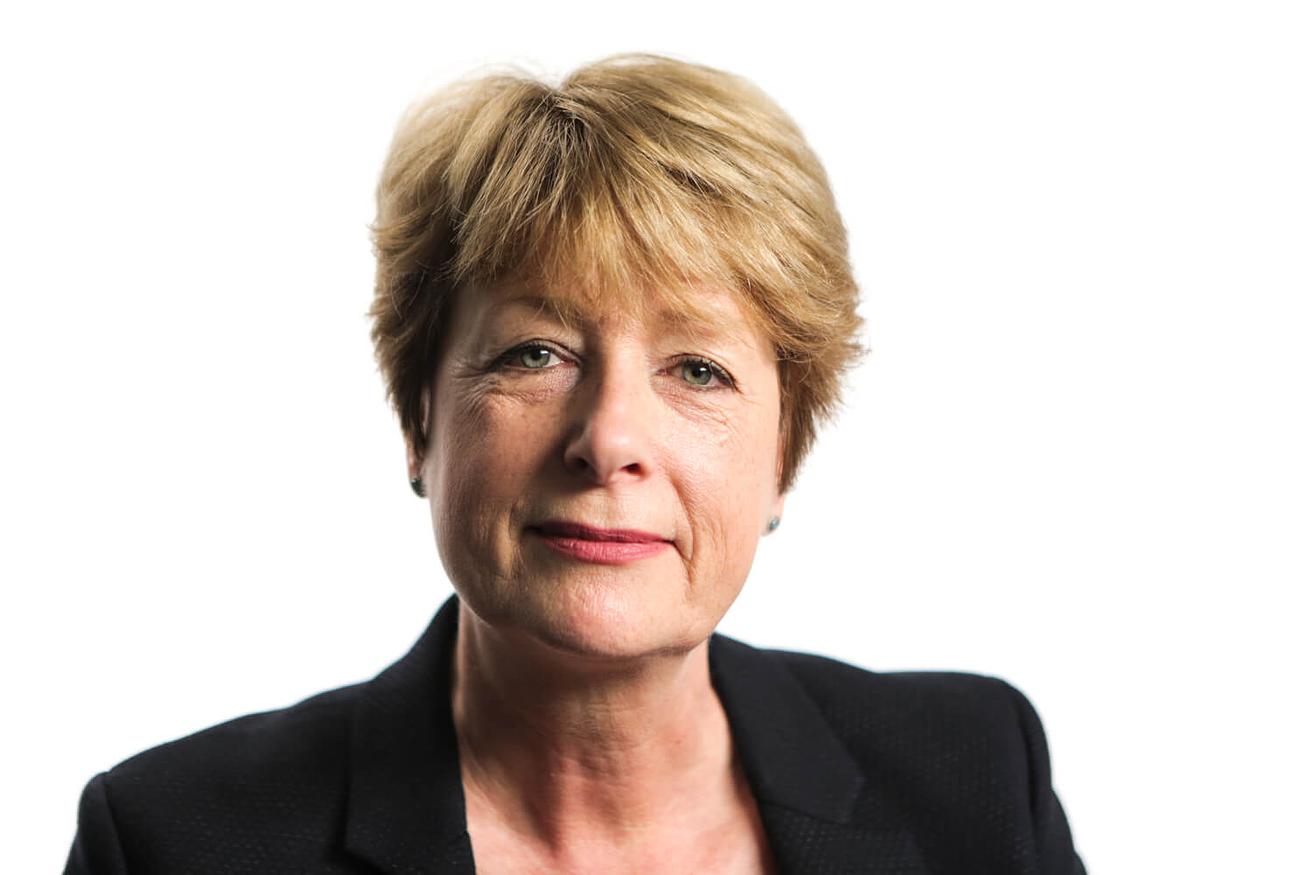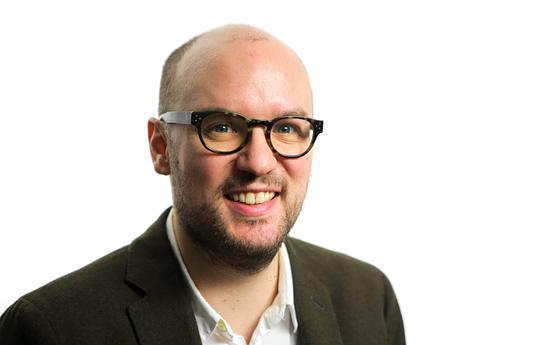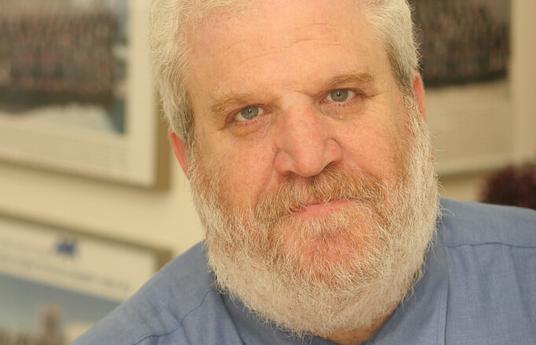Rose Luckin is Professor of Learner Centred Design at the UCL Knowledge Lab in London. Her research involves the design and evaluation of educational technology using theories from the learning sciences and techniques from Artificial Intelligence (AI). This interview was taken by HundrED in 2016.
Skills
Do you feel that the current way we are educating children fully prepares them for the needs of the 21st century?
No. I think we address some of what they need to know - students do need to understand particular subjects in depth, but they also need to understand the connections between subjects. For example, the connections between maths, science and geography.
They also need the kinds of skills that will help them to be effective learners in the 21st century - the so-called ‘21st century skills.’ They do need to have good critical thinking and analytical skills, and they need to be able to synthesize material. They need to be able to use their metacognitive skills, and be trained to have these skills and abilities, so they can be effective learners throughout their lives.
What are the skills we need to be teaching our children?
We certainly need to help children, and indeed adults as well, to understand how to make the best use of all the resources for learning that are available within the environment. Those resources might be people such as teachers, parents and friends who they can talk to and ask for support. Or they might be tools like technology or books, and other kinds of equipment that they can use. It could be the environment itself, as more and more technology is embedded within the environment. We may be seeing intelligent environments available to support learning.
Students need to understand the nature of the subject that they are trying to learn, as well as how they as a learner can function most effectively, so they need to understand their own learning needs. It’s about understanding your context - the environment, the people, the tools, the subject matter, and understanding yourself, so that you know what you need, what you can do, what you need help with and what it is you need to know to get to where you want to be.
Teachers
What is the role of the teacher?
The teacher is there to help the learner reach their potential, but I think the role of the teacher is going to change.
I think and hope that they are going to become much more actively involved in developing learning resources, and that will include the development of technologies. I want them to be partners with those who develop technologies and resources, along with learners who are all part of the design of these tools so they are much more suitable to meet the needs of learners and teachers in the classroom. I see a really exciting future for teachers.
Assessment
What are your views on standardized testing?
I’m not a great fan of standardized testing, I think it’s something that we won’t really need in the future. Even in the relatively near future, the kinds of developments we are seeing in artificial intelligence and education mean that we will be able to, and can to an extent now, track learner’s performance as they learn. Therefore we will be able to know what and how much they understand.
It will be a different kind of assessment. We will of course also be much more effective with formative assessment, because we will be able to use this information about the learner’s performance in order to give them the best possible support that we can.
Environment
What would be the most exciting learning environment?
One where learners were free to explore but had to support to make the most of that exploration. Where they weren’t constantly required to complete tests. Where their contribution was valued, and they were aware that their contribution was valued.
Where you would have groups of learners and teachers working together to explore their own learning and how problems could be solved and solutions achieved.
There’s huge potential for exciting learning environments that combine the best of human intelligence and artificial intelligence, the best of physical and virtual reality so that we can all find out exciting things about the world.
Leadership
Whose responsibility do you think education is?
It is everybody’s responsibility, but it is hard for most people to fulfil that responsibility unless they are given help by others, such as policymakers and financiers. It’s difficult for an individual, even with the best will in the world, to make a fundamental contribution to education as a whole - they can make a contribution to their own education, or to their pupil’s education or to their children’s education, but it is hard for them to change a system.
So everybody has a responsibility, but maybe that responsibility is about communicating to those who have more power and control that actually there needs to be some changes.
Personal memory
What was your favorite moment in your own formal education?
It was the moment when I achieved something that I never thought I was going to be able to do. It was a challenge and a task that I thought was beyond me, but I had a teacher who believed I could do it and who helped me to do it, and I achieved it. And it was wonderfully satisfying.
I think it is really important for learners, teachers and parents that we adopt what is referred to as a ‘flexible mindset,’ in which we don’t see ourselves as being self-limiting. We don’t have a limited quota of intelligence. We can, with the right support, achieve phenomenally significant things way beyond what we might have imagined.
The next 100 years
The next 100 years of Finnish education should… be participatory, where everybody is involved in its development and in taking things forward.


